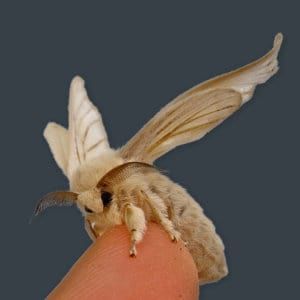Paul Winter Consort
Paul Winter’s musical odyssey has long embraced the traditions of the world’s cultures, as well as the wildlife voices of what he refers to as “the greater symphony of the Earth.” From the early days of his college jazz sextet, which toured 23 countries of Latin America for the State Department and performed the first-ever jazz concert at the White House for the Kennedys in 1962, to his later ensemble, the Paul Winter Consort, his concert tours and recording expeditions have taken him to 52 countries and to wilderness areas on six continents, where he has traveled on rafts, dog sleds, mules, kayaks, tug-boats and Land Rovers. He has recorded over 50 albums, of which seven have been honored with Grammy® Awards.
One of the earliest exponent’s of world music, the group has also pioneered a new genre of “earth music,” (described as “ecological jazz” by fans in Russia), interweaving classical, jazz and world music elements with voices from what Winter calls “the greatest symphony of the earth.”
Many of their recordings were made in outdoor locations, such as the Canyon album, which was featured in the documentary Canyon Consort. Paul borrowed the name “consort” from the ensembles of Shakespeare’s time, the housebands of the Elizabethan Theater, which adventurously blended woodwinds, strings and percussion, the same families of instruments he wanted to combine in his contemporary consort.
Astronauts of Apollo 15 took the album Road to the moon with them and named two craters after the songs “Ghost Beads” and “Icarus”. Members of the Consort that created Road included David Darling, Paul McCandless, Glen Moore, Ralph Towner, and Collin Walcott.


